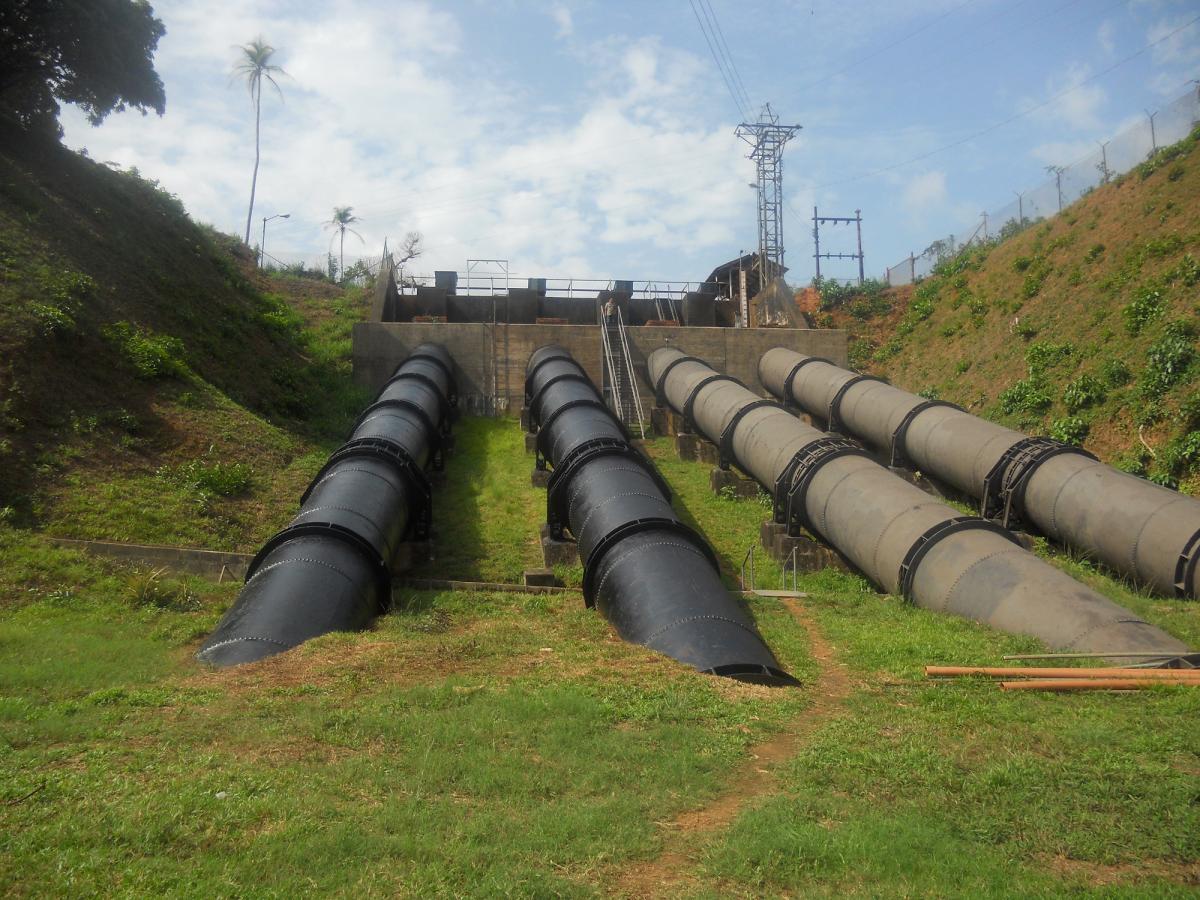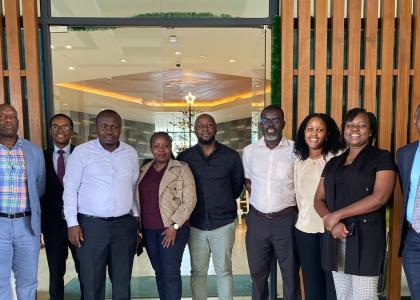In most developing regions, small hydro-power plays an important role in national renewable energy and climate mitigation scenarios. Small-hydro power can supply urban grids, industrial facilities or rural economic zones with competitive electricity services. However, despite of being a mature technology, particularly in least developed countries (LDCs) and small island developing states (SIDS), the small hydro potentials remain unexploited due to manifold key barriers and constraints.
 The lack of local capacities to plan, develop and operate such plants, as well as the lack of access to practical guidelines and knowledge is a major constraint in most countries. Therefore, the United Nations Industrial Development Organisation (UNIDO), the International Network of Small Hydropower (INSHP) and the Global Network of Regional Sustainable Energy Centres (GN-SEC) have formed a partnership to work on the development and dissemination of international technical guidelines and standards for small hydro power plants.
The lack of local capacities to plan, develop and operate such plants, as well as the lack of access to practical guidelines and knowledge is a major constraint in most countries. Therefore, the United Nations Industrial Development Organisation (UNIDO), the International Network of Small Hydropower (INSHP) and the Global Network of Regional Sustainable Energy Centres (GN-SEC) have formed a partnership to work on the development and dissemination of international technical guidelines and standards for small hydro power plants.
The guidelines cover small hydropower up to 30 MW and inform on basic requirements, methodology and workflow in terms of site selection, hydrology, geology, hydraulics, electromechanical equipment selection, construction, economic evaluation, and social & environmental assessment. The ultimate goal is to contribute to the decision-making on the best design solution in technical, economic and environmental view.
Following the proposal from the Austrian Standards International (ASI) and the Standardization Administration of China (SAC), and the approval by the International Standard Organisation (ISO), an international workshop to review the guidelines was organised from 25 to 26 June 2019 in Hangzhou, China. Nominated regional representatives of the GN-SEC took part in the meetings.
The GN-SEC contribution is being acknowledged in the recently published technical guidelines. In 2020, UNIDO, INSHP and various GN-SEC centres will organize a number of regional capacity building workshops. A regional train-the-trainer approach is a cost-effective tool to reach a wider scope of experts in all countries of a respective region. Moreover, the partners will take furthers steps to establish the guidelines as global ISO standards. Currently, there is no such uniform standard available.
The reviewed guidelines are available for download.







